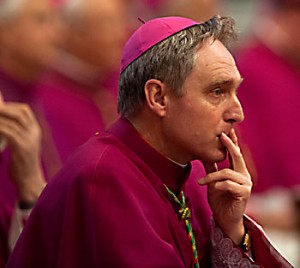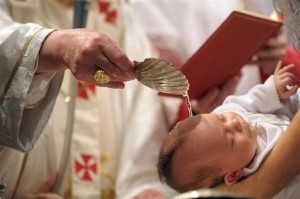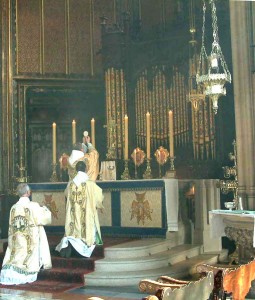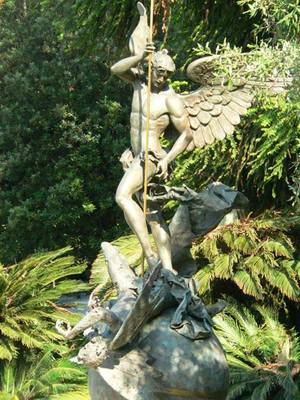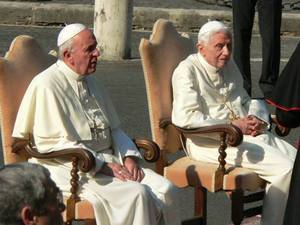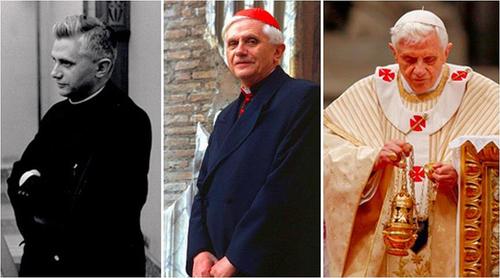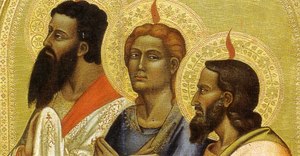Our emeritus pope Benedict broke a self imposed silence to defend his record against false accusations the he did little to correct the misconduct, particularly sexual abuse behavior of clergy. He did this in Italy’s La Repubblica and it was also picked up by Daily Telegraph in the form of a letter a well-known atheist, Piergiorgio Odifreddi, about this issue (and others) that he originally published in a 2011 book, Dear Pope.
You read the article here and here. The letter is in Italian at the moment.
Here in the USA, the Catholic Church once again has had to deal with the craziness –immorality and criminal behavior– of her priests.
We know from the press several weeks ago a Boston priest was taken out of ministry for constant contact with a prostitute, there’s Scranton priest charged with molesting a teenaged boy he met on Craigslist, a Benedictine monk in Wisconsin who stalks young girls looking for a “quicky” and then we have Curtis Wehmeyer a Minnesota priest who simply is a creep and a criminal. Plus you can call to mind the NJ priests Michael Fugee and Robert Chabak, among others.
Who wouldn’t feel, after reading about pedophile clergy, that the Church has not done enough? That the Church is not too serious about this issue. After all, it is said that the Church has cleaned up her game. Or, so the church and civil authorities claim. In fact, the Catholic Church is a benchmark for cleaning up clergy sex abuse and other misbehavior. The Church record today is vastly different than 10 years ago while civil institutions have yet to address the problem. Nevertheless, you hear that the Vicar General of Wehmeyer’s archdiocese is portrayed as an unfaithful, ignorant, arrogant, incompetent churchman. You can read the story here.
The critics are right to question. Catholics have not left their mind at the door. But the questions of the critics are misplaced if they think that going after Benedict is the right thing to do. He was the pope, not the universal police chief. A pope can only do so much. The local authorities in the Catholic Church are most directly responsible for the faithful and they are to be held accountable. Look at the bishops and various vicars before pointing fingers at the Pope. That’s how the Church has worked for the last 2000 years.
Barbara Dorris of Survivors Network of those Abused by Priests (SNAP) sheds no light for the path nor does she adequately convey with exactitude what, in fact, Benedict tried to do in his previous work the CDF, or as the Roman Pontiff. Dorris is good at complaining and stirring the emotions of victims and antagonists but does not speak the truth. Some of SNAP’s tactics lack charity for both victim and victimizer. Remember the Lord does have concern all the sheep and goats of the Kingdom. And yet, SNAP does attempt to keep the toes of some clerics over the fire and honest).
Within his area of pastoral authority Benedict did everything he could to root out the evil, but the bishops and their close collaborators have obstructed the truth and justice from all. Benedict strengthened church law, spoke out against misconduct, removed clergy, heard the stories of victims and responded according to law of charity.
In one address to the Church, the emeritus pope noted that the spiritual decay has happened, and that it unfortunately continues, and we all have to be vigilant. Supervision is not easy. AND, unfortunately, there are lots of priests, bishops and religious superiors who are neither honest nor holy. In time their malfeasance will be dealt with. But the matter of supervising priests and other church ministers is the obligation of all people, even non-believers, not merely the pope.
